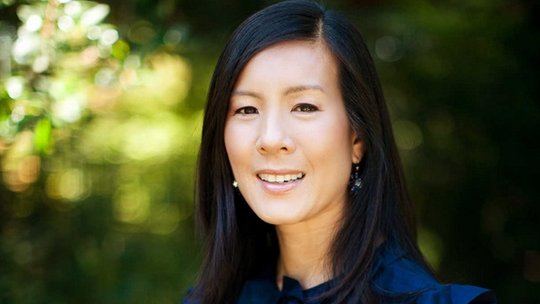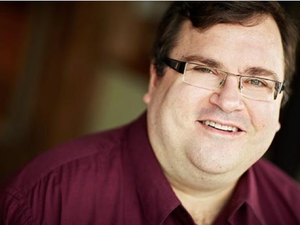
If the past 18 months or so have been marked by fiscal tightening in Silicon Valley, we might be in the "age of Ozempic" for startups, Cowboy Ventures partner Aileen Lee says.
Lee made the comment, referring to the popular weight loss drug, during a Bloomberg Technology conference held in San Francisco on Thursday.
"We lived in this age of chasing growth where capital was free, so you could spend a lot of money. Speed and growth was more important than focus or discipline," Lee said. "People who have taken Ozempic say, like, 'I was really surprised that I don't need to get as much as I was to be healthy.' I think a lot of companies will do that. Do more with less and become healthier."
It's an apt description for the capital challenges that startups have faced since early 2022 when a public market tech rout was brewing and the Federal Reserve started increasing interest rates. The pain has rippled out into the private markets and the venture capital ecosystem, with the result that many founders are having a harder time raising capital as VC firms have become much more selective about deploying capital.
Sequoia partner Alfred Lin suggested that entrepreneurs who can't take the heat should get out of the kitchen, so to speak.
"If you don't want to solve hard problems, you should get out of business in general," Lin said. "If you want to build an enduring company, you will face hard times at some point in your career. If you want a long career in business, if you want to build an enduring company, just focus on solving hard, valuable problems and be patient."
Sequoia recently restructured its venture capital business by splitting itself into three separate entities for its business across the U.S./Europe; India and Southeast Asia; and China.
The Menlo Park firm also lost more than $200 million from its investment in failed cryptocurrency exchange FTX, which SEC Chair Gary Gensler described as a "house of cards on a foundation of deception."
Lin remains undeterred.
"We're going to lose sometimes," Lin said, reflecting on the firm's decision to invest in FTX. "There are companies that are going to surprise us to the upside, like Airbnb and DoorDash and Nvidia and Google, and then they're going be companies that are not going to do very well. And we have to be comfortable with that."
Lee also stood by the term "unicorn" which she coined in 2013 to describe a startup that had reached a $1 billion valuation, but in the decade since, the term has become a "twisted perversion" as both investors and startups chased higher valuations without necessarily having strong fundamentals like revenue to back it up.
"The whole original idea was like, it's hard to build a billion dollar company because five or 10 years ago, to build a billion dollar company, you had to generate $200 million in revenue or $300 million revenue," Lee said. "That means you have to be really smart about what you're building, about your revenue quality, about your team execution. And it was about also just how hard it is, how rare it is. So I think we're probably going back to that as well. It's a special thing."







